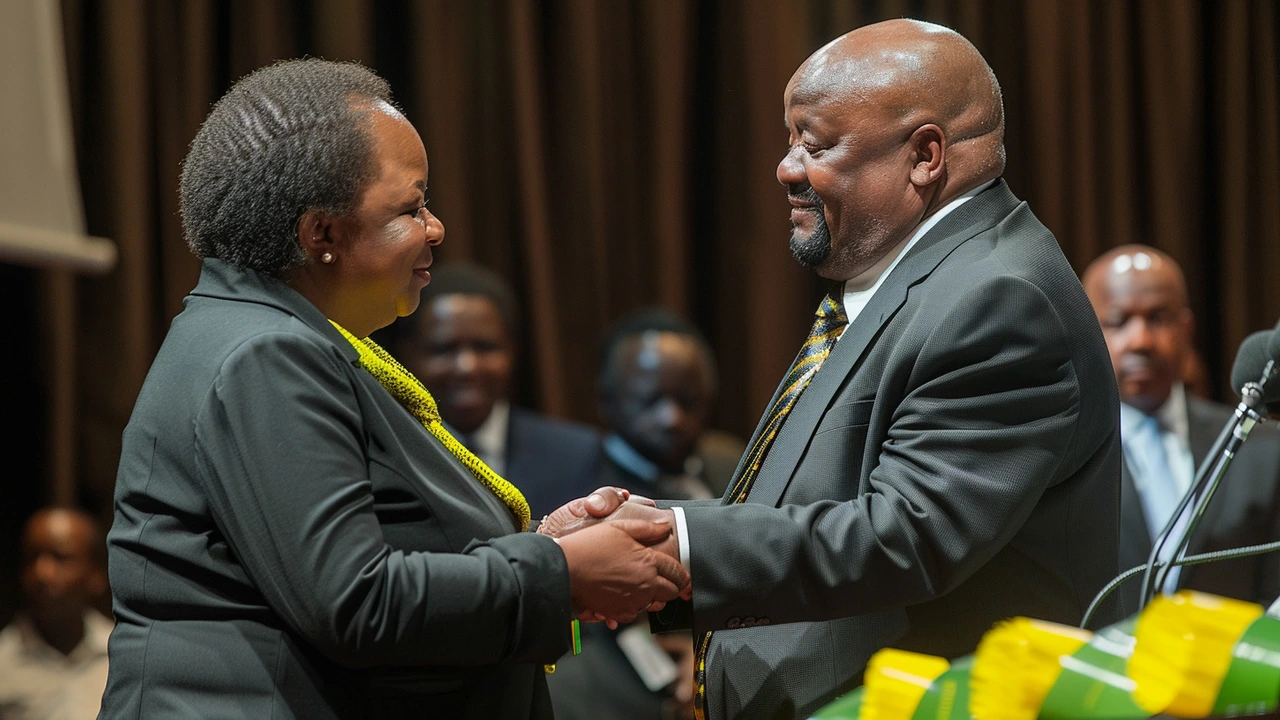Understanding Power-Sharing: Why It Matters and How It Works
Power-sharing is more than just a buzzword in politics; it's a strategic way to bring different groups together so everyone gets a say. This method aims to prevent conflicts by splitting power fairly among rivals or communities in government roles, decision-making, or resource distribution. Whether it's in South Africa's diverse settings or around the world, power-sharing tries to keep peace and make governance smoother when there's tension or competition.
But how does power-sharing actually work in real life? It usually involves formal agreements made between political parties, ethnic groups, or factions to share responsibilities and benefits. This might look like joint cabinets, rotating leadership, or proportional representation in parliament. The goal is to give each side enough influence to feel respected, reducing the risk of disputes turning violent.
Challenges and Benefits of Power-Sharing
Power-sharing isn’t a magic fix. It comes with its own set of challenges, like balancing competing interests, managing mistrust, and preventing gridlock when partners disagree. However, the benefits often outweigh these risks, especially when it helps avoid civil wars or ensures minority groups are protected.
Take the South African context as an example where historical divisions required innovative power-sharing to stabilize democracy. It has also been a key approach in global hotspots where inclusive governance can break cycles of conflict. By encouraging collaboration, power-sharing promotes dialogue and compromise, laying a foundation for long-term stability.
How Power-Sharing Affects Everyday Life
You might wonder: how does something as political as power-sharing touch daily life? Well, when governments share power wisely, services like healthcare, education, and security can improve because wider interests are addressed. It also sets a tone for communities to live with respect for one another’s rights and voices.
As Cape Town Daily Buzz covers local and international news, power-sharing stories reveal how communities negotiate their voices in politics and beyond. They highlight when partnerships succeed or struggle, giving us lessons on democracy’s real-world workings. Keep an eye on these developments to understand better how governance evolves and impacts you, right here in Cape Town and across the globe.
Historic Power-Sharing Agreement Between South Africa's DA and ANC to Govern Johannesburg and Tshwane
In a historic move, South Africa's Democratic Alliance (DA) has struck a power-sharing deal with the African National Congress (ANC) to govern Johannesburg and Tshwane. Traditionally an opposition party, the DA will hold the mayorships while the ANC will have substantial council representation. This unprecedented step aims to stabilize local governance and address critical issues such as infrastructure and service delivery.

